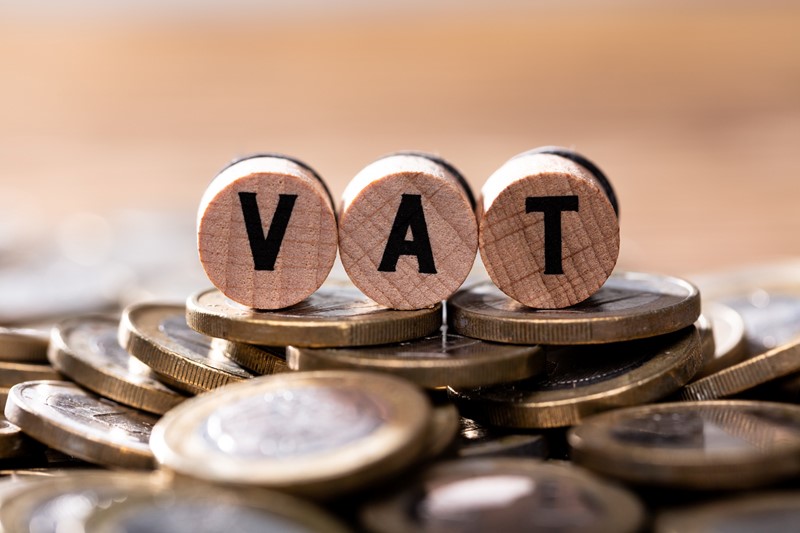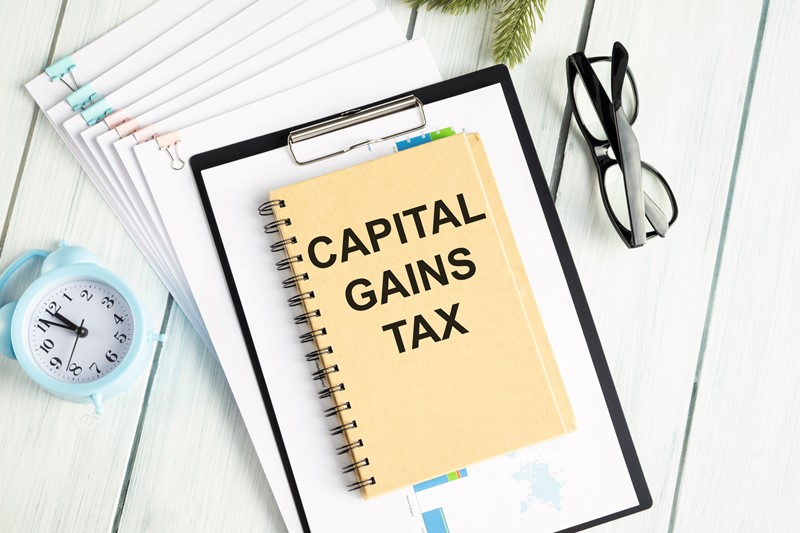The Employment Appeal Tribunal (EAT) upheld claims of constructive dismissal and disability discrimination against Whyte & Mackay Limited (W&ML) in the case of Mr. Duployen , a former forklift truck and warehouse operator, following his termination.
W&ML had appealed the ET's decision on several grounds, seeking reinstatement or re-engagement, a higher award for injury to feelings, and any interest due on the awards. However, reinstatement proved impracticable due to the breakdown in relations and, while theoretically possible, it was not reasonable given the circumstances. Although the issue of re-engagement, while not addressed by the ET, is a required step per Sections 113 and 116 of the Employment Rights Act (ERA) 1996, tribunals are not compelled to order either a reinstatement or re-engagement, even though they have the discretion to do so.
The tribunals found that the appellant suffered embarrassment, humiliation and distress as a consequence of the discriminatory treatment by the respondent with a detrimental impact on his mental health.
This is a cautionary tale for employers and HR departments alike, and the letter of the law should be followed diligently in terms of the Employment Rights Act (ERA) 1996, the ECHR, and the Human Rights Act (HRA) 1998 to avoid claims of discrimination or constructive dismissal, especially given that not all handicaps or disabilities are self-evident.









